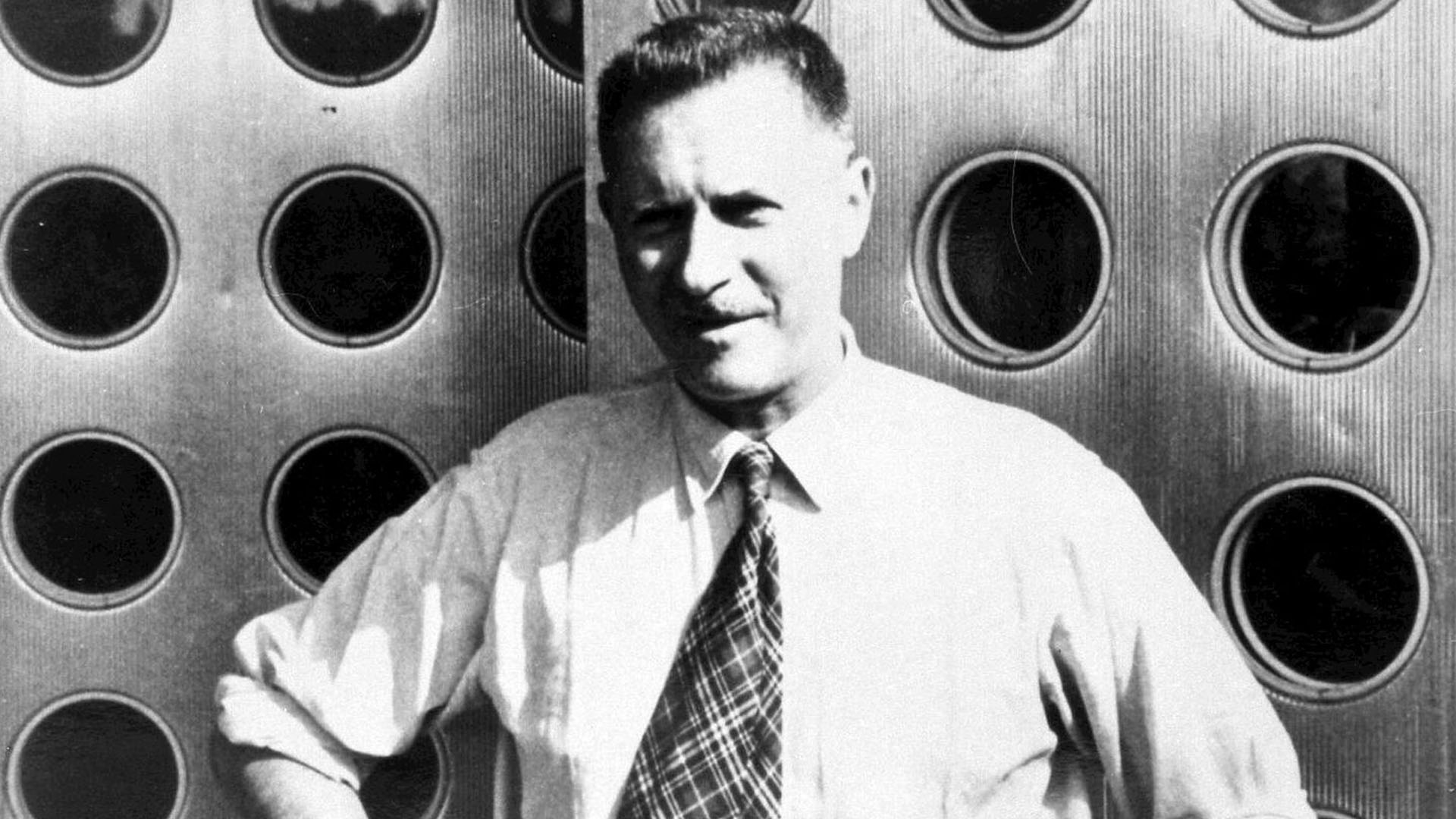Home
I’m shopping for my own home

Jean Prouvé was a French metal worker, self-taught architect and designer. His main achievement was transferring manufacturing technology from industry to architecture, without losing aesthetic qualities.